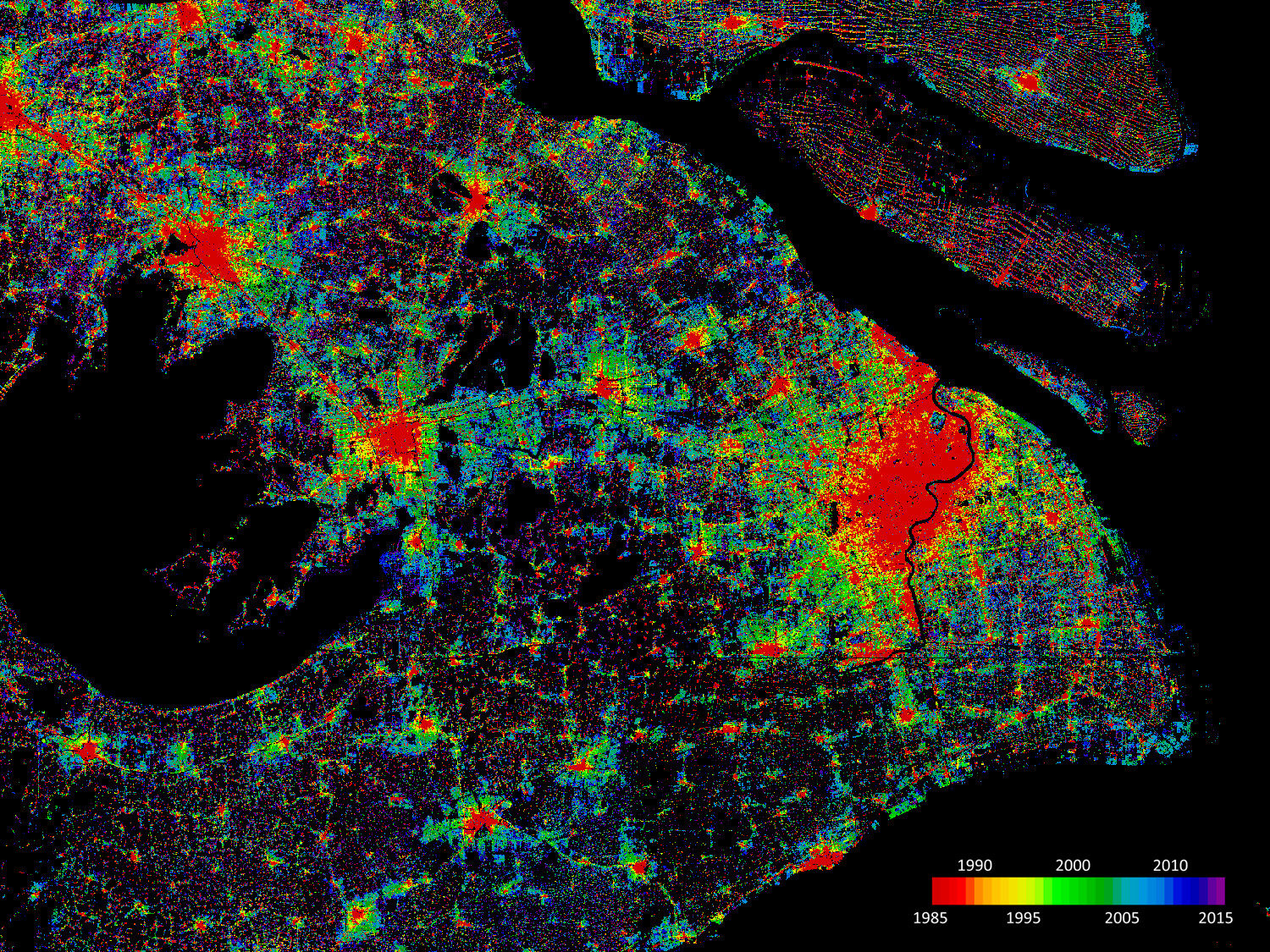Open Earth observations for sustainable urban development
News / 11 February 2020
A new discussion paper prepared by AidData and the Group on Earth Observations explores the role of open Earth observations for sustainable urban development.


Prepared for UN-Habitat’s World Urban Forum in United Arab Emirates, this paper concentrates on examples where Earth observation (EO) data can complement or enhance traditional data sources for cities and urban areas.
According to the United Nations, nearly 70% of the world’s population will live in cities by 2050. Ensuring sustainable urban development will be key for urban planning, land management and the timely achievement of the SDGs and the New Urban Agenda.
Download your copy of the discussion paper here.
For general inquiries or questions related to the paper please contact: Mihir Prakash (mprakash@aiddata.org)
For activities of GEO: Steven Ramage (sramage@geosec.org)
For questions about GeoQuery: Seth Goodman (sgoodman@aiddata.org)